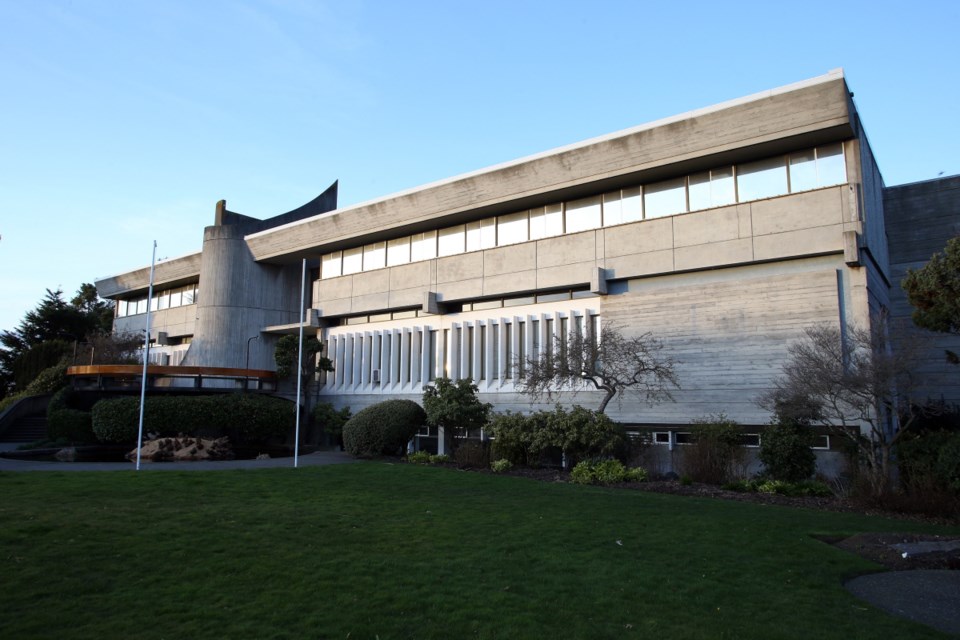Saanich residents will see a 5.37 per cent property-tax increase after council approved its final budget.
The increase includes 3.87 per cent for municipal costs and 1.5 per cent to cover the province’s new Employer Health Tax.
On an average single-family residence with an assessed value of $924,100, the tax increase adds up to $100 for municipal costs and $39 for the Employer Health Tax.
Coun. Colin Plant said everyone, himself included, would like to see lower taxes but he can sleep at night knowing he and Saanich residents can likely live with the budget.
“To those residents who are finding this an incredibly challenging situation to pay additional taxes, I would acknowledge that is going to be a challenge, I feel that as well.”
Plant said that while he was initially disappointed with a seeming lack of public engagement in budget discussions, he now believes it “is telling me that we’re getting it right.”
In a draft budget, the combined increase totalled 5.93 per cent tax (4.43 per cent plus 1.5 per cent) but that was whittled down to 5.37 per cent.
From the start of the budget process Saanich councillors distanced themselves from what Coun. Judy Brownoff called an “absolute download” on municipalities for provincial health services.
Under the new Employer Health Tax, Saanich, the largest municipality on Vancouver Island, must pay $1.8 million annually to the province to cover health insurance for its employees.
Saanich CEO Paul Thorkelsson said some municipalities “roll over” and include the provincial tax as part of their municipal tax. But Saanich will include the payroll health tax as a separate item so that taxpayers are made aware of the download of provincial costs.
“Everyone should know what they are paying for. This was a directive of council in the guidelines they established for the budget that it be held out as a separate item so there’s clear transparency what you’re paying for.”
Budget savings were achieved through a variety of means including capping an increase to the police budget at 3.55 per cent.
Mayor Fred Haynes credited council for engaging in a rigorous debate and reaching a budget that balances requests and addresses several needs, including resources for housing.
Economic development will help with the city’s tax base, said Haynes.
For people in hardship or having difficulty paying property taxes, Haynes noted the availability of the province’s property-tax deferral program for those who qualify.
Brownoff said council balanced belt tightening with adding critical staffing positions for development approval process, service delivery, infrastructure delivery and human resources.
Coun. Susan Brice said it’s “a budget that I’m certainly prepared to take out to the public and justify.”
Coun. Zac de Vries said councillors made some “incredibly tough” decisions but landed “in a good spot” with changes that will allow Saanich to optimize its resources.
Coun. Rebecca Mersereau commended staff for the intensive process and clearly distinguishing the options and presenting well considered recommendations regarding requests for funding.
“I think a lot of thought has been put into getting us to this stage and I think there is a very strong rationale for supporting the additional needs that our staff has presented to us.”
In addition to municipal taxes, the District of Saanich collects funds on behalf of school districts, the Capital Regional District, the Capital Regional Hospital District, B.C. Assessment, B.C. Transit and the Municipal Finance Authority.



